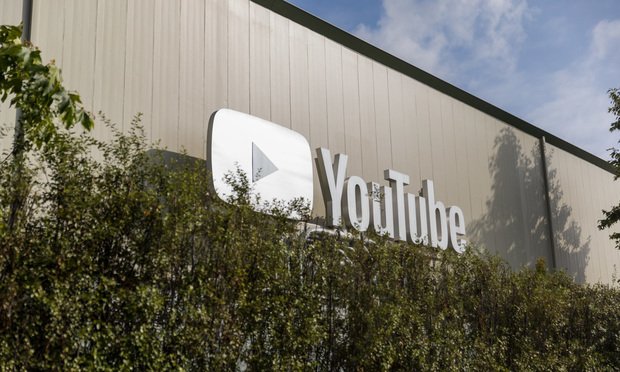 FTC Commissioner Rebecca Kelly Slaughter, a dissenting vote, wrote in a statement that the agreed-upon reforms by YouTube didn't go far enough. (Photo: Jason Doiy/ALM)
FTC Commissioner Rebecca Kelly Slaughter, a dissenting vote, wrote in a statement that the agreed-upon reforms by YouTube didn't go far enough. (Photo: Jason Doiy/ALM)
Google and YouTube have agreed to pay $170 million to the Federal Trade Commission and New York state in the largest-ever settlement in an enforcement matter brought under a federal law intended to prevent companies from collecting personal data from children without the consent of their parents.
The companies were accused of unlawfully tracking the behavior of users below 13 years old and serving them targeted advertisements based on that information, the New York Attorney General's Office said.
Recommended For You
Want to continue reading?
Become a Free PropertyCasualty360 Digital Reader
Your access to unlimited PropertyCasualty360 content isn’t changing.
Once you are an ALM digital member, you’ll receive:
- Breaking insurance news and analysis, on-site and via our newsletters and custom alerts
- Weekly Insurance Speak podcast featuring exclusive interviews with industry leaders
- Educational webcasts, white papers, and ebooks from industry thought leaders
- Critical converage of the employee benefits and financial advisory markets on our other ALM sites, BenefitsPRO and ThinkAdvisor
Already have an account? Sign In Now
© Touchpoint Markets, All Rights Reserved. Request academic re-use from www.copyright.com. All other uses, submit a request to [email protected]. For more inforrmation visit Asset & Logo Licensing.








